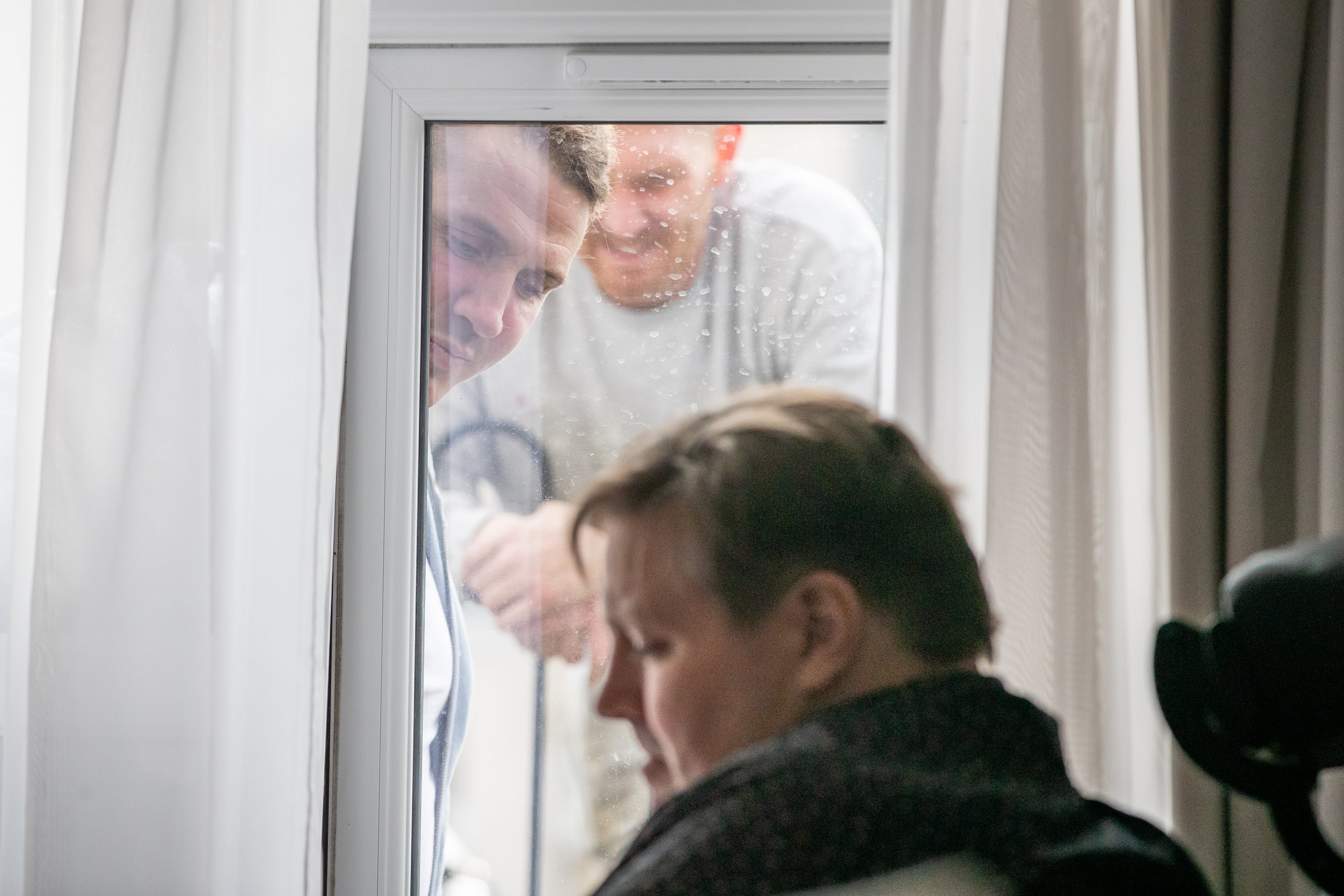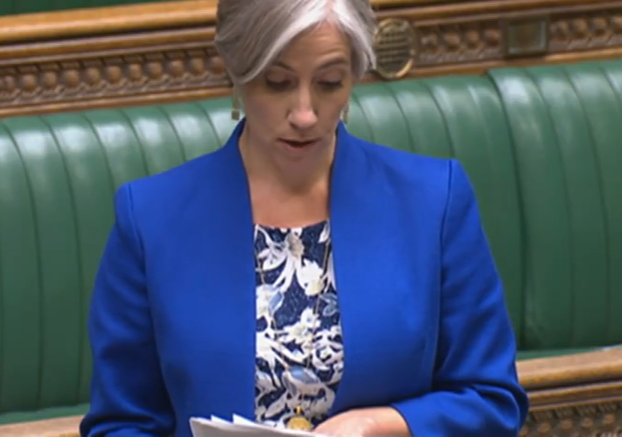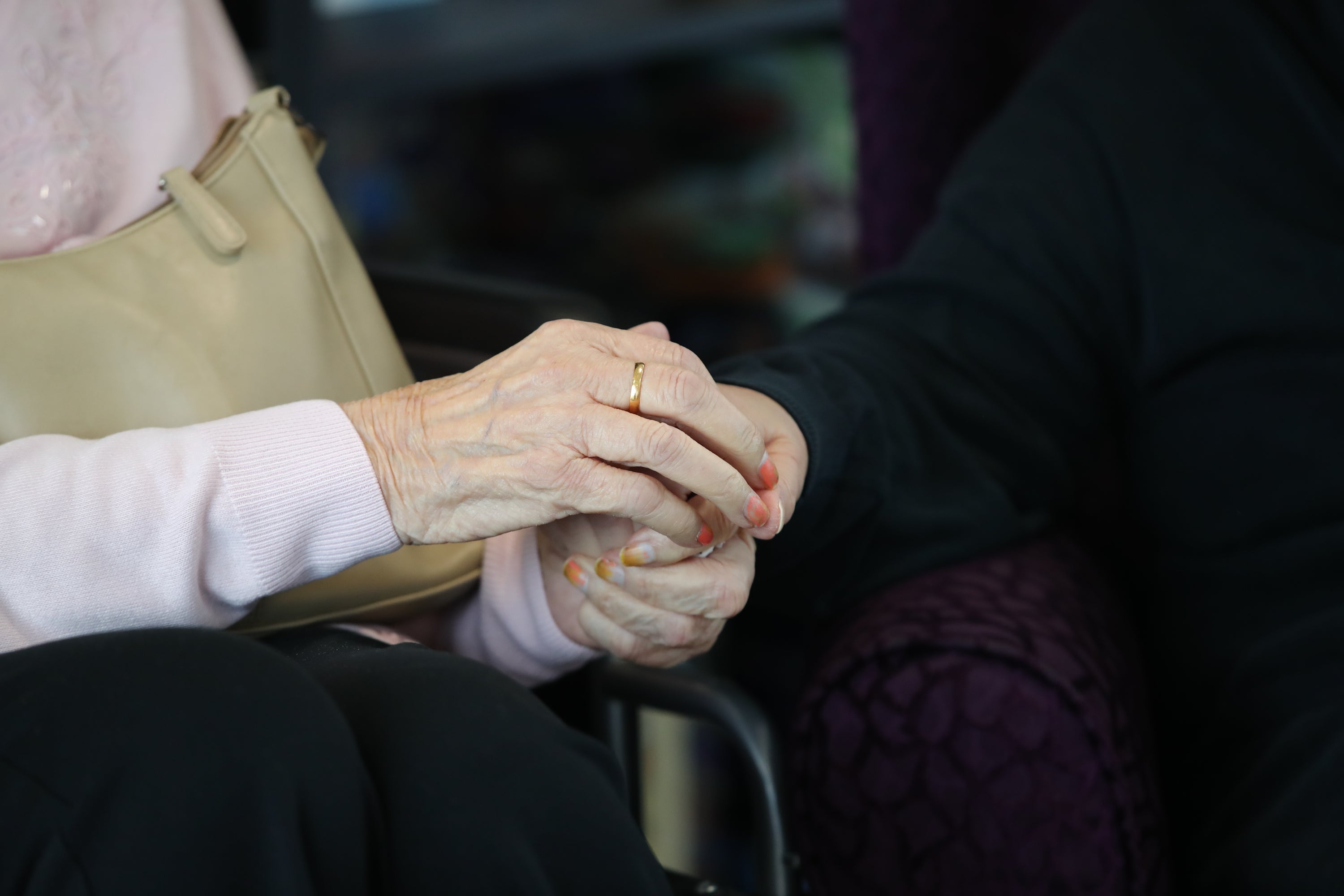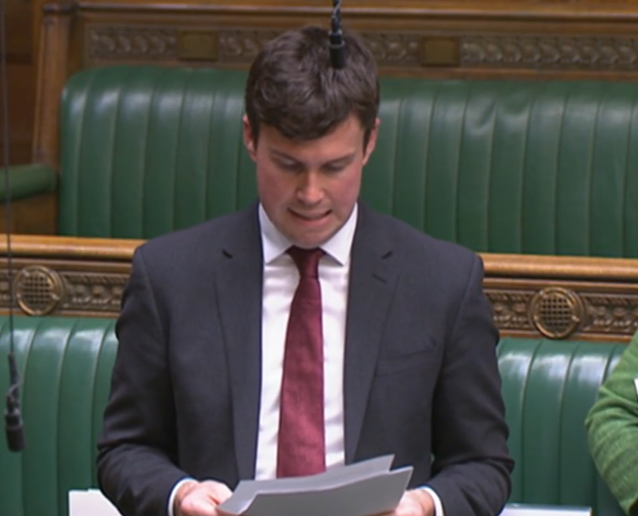Fears Covid surge will force care homes to impose harsh visiting restrictions this winter
Families are still facing a ‘postcode lottery’ of Covid restrictions in care homes and hospitals
Your support helps us to tell the story
From reproductive rights to climate change to Big Tech, The Independent is on the ground when the story is developing. Whether it's investigating the financials of Elon Musk's pro-Trump PAC or producing our latest documentary, 'The A Word', which shines a light on the American women fighting for reproductive rights, we know how important it is to parse out the facts from the messaging.
At such a critical moment in US history, we need reporters on the ground. Your donation allows us to keep sending journalists to speak to both sides of the story.
The Independent is trusted by Americans across the entire political spectrum. And unlike many other quality news outlets, we choose not to lock Americans out of our reporting and analysis with paywalls. We believe quality journalism should be available to everyone, paid for by those who can afford it.
Your support makes all the difference.A surge in Covid cases over winter could lead to harsh visiting restrictions being reimposed in care homes and hospitals, MPs and campaigners have warned.
Families are still facing a “postcode lottery” of Covid restrictions in care homes, with visiting times restricted and personal protective equipment (PPE) obligatory.
However MPs are worried that some will reimpose even harsher measures if Covid cases rise this winter.

Daily global Covid infections are projected to rise slowly to around 18.7 million by February, up from the current 16.7 million average daily cases this October.
In the UK, the current wave of Covid cases appears to be peaking but scientists have warned that a further wave of the disease will hit the country before the end of the year.
MPs are calling for the government to enact legislation that would enshrine the right for an essential care giver to be present with their loved ones in care settings.
Liberal Democrat MP Daisy Cooper said that one of her constituents, Lynn, was not allowed into a hospital A&E ward to see her husband Andy when his dementia deteriorated over Christmas last year.
The hospital refused to let Andy have any visitors for two weeks until Ms Cooper intervened. When she was allowed in, Lynn was distraught to find that Andy had lost a significant amount of weight in the weeks he was isolated.

Ms Cooper continued: “We have come a long way since last Christmas, and since the start of the pandemic, but as winter approaches the NHS and care settings are once again expected to struggle with a surge in Covid cases.
“It is not inconceivable that what happened to Lynn and Andy could happen again to them and to many others.”
“With winter fast approaching, there is not a moment to lose,” said Helen Wildbore, director of the Relatives and Residents Association.
“With the political will, a new right can be passed swiftly and would send a powerful message to health and care services across the country: contact with loved ones is vital to dignified care.”
Some 11 per cent of care homes did not allow residents any visitors during Covid outbreaks between April and September this year, a survey by the association found.

This is despite government guidance explicitly stating that people should be allowed to see a designated visitor during outbreaks.
More than 60 per cent of these homes reportedly applied additional restrictions, over and above what government guidance stated when Covid was in the home.
The charity gathered data from over 650 families to highlight the rules still in place at some homes.
“I have to meet my relative in a pod outside during outbreaks. We have to wear a mask, gloves and apron,” said one respondent.
“We are not allowed inside the home and if anyone else has booked the pod, we are not allowed to visit.”
In one case, shared with John’s Campaign, a 93-year-old man with dementia was only allowed visitors for one hour a day during his time in hospital in September.
His wife was reportedly told to leave by security when she tried to stay for an extra 20 minutes to finish feeding him a meal.
His granddaughter said: “Sadly he passed away in hospital a few weeks ago. Knowing that the last waking days of his life were spent without anyone he knew by his side for 23 hours of the day, while he was lonely and confused, is heartbreaking.”
Speaking in parliament about the need for new legislation, Tory MP Tracey Crouch urged the government: “There is cross-party support for this matter. We could do this and could do it quickly in time for the winter.”

Plaid Cymru MP Liz Saville Roberts warned that “as we go into the winter the option of imposing restrictions is going to become an option that many care settings are considering”.
“Guidance alone has proved insufficient,” she added.
With winter fast approaching, there is not a moment to lose
Labour MP Dan Carden revealed that his father, who passed away last year, had been left isolated in hospital before his death.
His father Mike was left in an A&E side room for three days, during which time he didn’t receive any hot food, wasn’t showered or washed, and was not assisted in changing his clothes.
He was also unable to get help going to the toilet. Once he was moved to a ward, he was left with his emergency buzzer out of reach.
The hospital policy at the time was that there could only be visitors for people who were visibly end-of-life patients. Mr Carden’s father didn’t qualify despite having sepsis and lung cancer.
“My mum said this meant that instead of being able to focus on caring and supporting my husband through his final weeks, we had to battle the hospital to see him,” he said.
“The trauma of my husband’s death and in particular the neglect he experienced in his final weeks of life remain with me,” Mr Carden quoted his mother as saying.
He warned that the current government guidance was leading to a “postcode lottery” where different settings interpret the rules as they want.
Helen Whately, minister in the Department of Health and Social Care, said she did not “consider the current status quo to be acceptable”.
She promised she was “on the case” and said she had commissioned work on the “steps that I can take to sort this out”.




Join our commenting forum
Join thought-provoking conversations, follow other Independent readers and see their replies
Comments